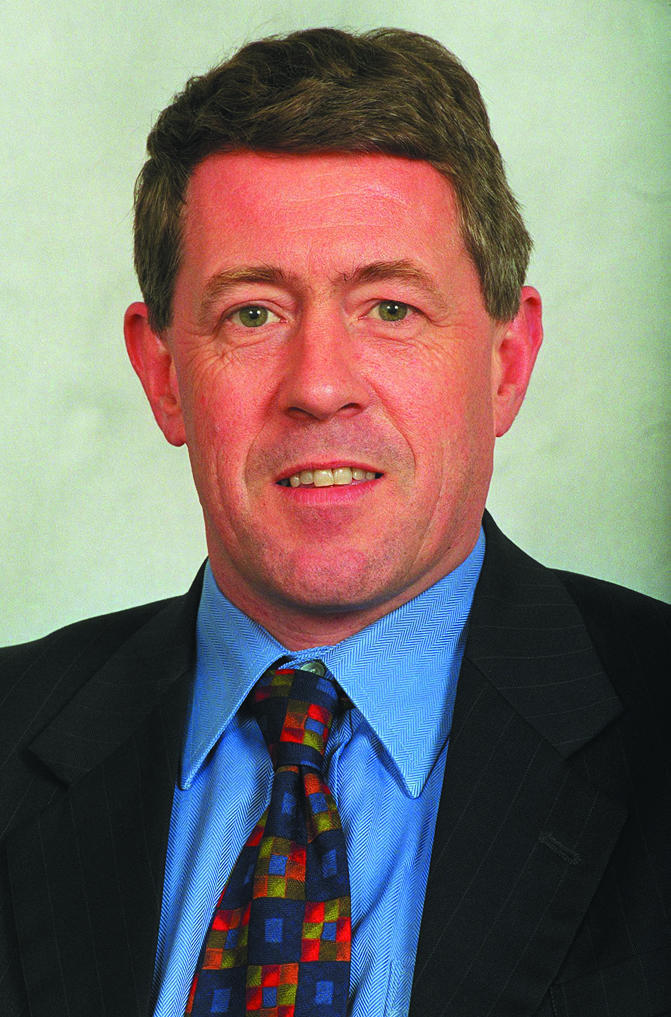The BMA council has unanimously condemned the UK government’s attempt to renege on the new deal on junior doctors’ hours by proposing a European legal limit on working time of 65 hours a week (15 May, p 1307).
The chairman, Dr Ian Bogle, has asked the health secretary, Mr Frank Dobson, to clarify the government’s policy and asked for an urgent meeting. Both Mr Dobson and the prime minister denied in the House of Commons that they had any intention of increasing the hours worked by junior doctors. However, a letter from Ms Tessa Jowell, the minister for public health, indicates that the government does not expect the new deal targets to be met for a further three years—no doctor should have been working over 56 hours by December 1996—and questions whether junior doctors should be included within the European Union’s working time directive. This limits working to 48 hours a week.
Dr Bogle says, “We believe we have promoted the extension of the directive to junior doctors in a sensible and reasonable way, emphasising the need for maximum flexibility and an appropriate implementation period.” He reminds Mr Dobson that excessive hours is primarily a health and safety issue. “We regard ill thought out and secretive efforts to manipulate the European legislative process while claiming a commitment to reduce junior doctors’ hours in the UK as the height of hypocrisy.”
Junior doctors are already being surveyed on their support for some kind of industrial action over out of hours’ pay, particularly at the millennium holiday; the government’s attitude to the working time directive may increase their demand for action. The results of the survey will be announced at the junior doctors’ conference on 4 June.
Talks start on new consultant contract
Negotiations on a new contract for consultants will start later this month after a meeting with consultants’ leaders and the English health minister, John Denham. Top of the agenda are measures to control the intensity of senior doctors’ workload and the demands of emergency work and on call commitments.
After the meeting the chairman of the Central Consultants and Specialists Committee, Dr Peter Hawker, said, “Hundreds of consultants have written to me saying that they feel exhausted by the relentless intensity of their work.... I felt that, yesterday, the minister recognised the strength of feeling and the evidence of sheer hard work by consultants.”
Consultants were dismayed when the government refused to implement the £50m, which the doctors’ review body recommended should be paid to them to compensate for their heavy workload. Consultants’ leaders are now more optimistic that joint proposals from the BMA and the health departments can be put to the review body for implementation in 2000.
Juniors issue challenge to health ministers
The chairman of the BMA’s Junior Doctors Committee, Mr Andrew Hobart, has issued a challenge to the UK health secretary and his ministers to spend the night of 31 December in a hospital emergency department.
The JDC and the rest of the BMA are angry at what they call the “condescending and offensive” wording in the Department of Health circulars on planning for the millennium holiday (HSC1999/095 and 097). Out of the 11 day break there will be only two normal working days. The department says that the NHS and the social services will need to ensure that emergency services are available on a 24 hour basis over the holiday. At the same time, it says, staff will want to join the celebrations, take a holiday, and be with family and friends. Yet at last week’s meeting of the BMA council many members said that trusts had cancelled all leave. In HSC1999/097 the department says the government has decided that it is not prepared to agree to any new specific national arrangement nor to central funding for extra payments to staff. It points out that most contracts provide for special recognition for working bank holidays, and that trusts will need to draw on the tradition of public service and the commitment to the NHS.
But junior doctors believe that they will be particularly exploited as they receive only half pay for working over bank holidays and will be among the cheapest staff available. Already at night they are expected to undertake tasks that during the day would be done by other NHS staff—for example, collecting records, taking blood, and pushing trolleys. Junior doctors have been asked whether pay and working conditions over the millennium was one of the issues on which they would be prepared to take some kind of action.
Students are concerned about GMC guidance
The BMA’s medical students committee has received the full backing of the BMA council over their concerns about the General Medical Council’s advice on student health. It will seek a meeting with the chairman of the GMC’s education committee.
The students are worried about two aspects of the guidance in Student Health and Conduct, which was published in 1996. This permits doctors, university counsellors, and non-medical advisers to disclose information about serious disorders to the medical school whether or not consent has been given. The BMA believes that this gives students a lesser right to confidentiality than other groups of patients and could discourage medical students from seeking appropriate help from the student health services.
The BMA also believes that the GMC’s recommendation that students who have hepatitis B and fail to respond to interferon treatment should not be allowed to begin or continue the undergraduate course is unfair. The GMC already has the power to approve alternative experience for doctors with lasting physical disabilities, and the BMA suggests that courses could be modified so that students would not have to take part in exposure prone procedures and be able to pursue careers in non-clinical specialties.
Figure.

UPPA
Mr John Denham


